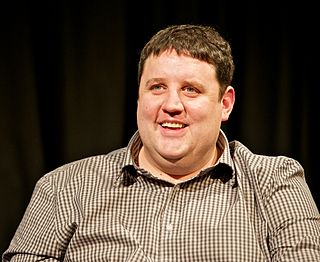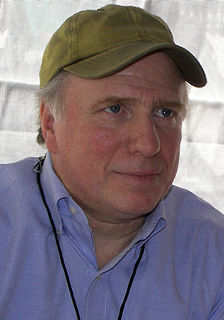A Quote by Carrie Brownstein
I always find that nostalgia is sort of like memory without the pain. And that's why it feels so good to kind of bask in that, and I think it can be deceptively comforting.
Related Quotes
But pain may be a gift to us. Remember, after all, that pain is one of the ways we register in memory the things that vanish, that are taken away. We fix them in our minds forever by yearning, by pain, by crying out. Pain, the pain that seems unbearable at the time, is memory's first imprinting step, the cornerstone of the temple we erect inside us in memory of the dead. Pain is part of memory, and memory is a God-given gift.
It was the only thing I ever really wanted. And that’s the sin that can’t be forgiven--that I hadn’t done what I wanted. It feels so dirty and pointless and monstrous, as one feels about insanity, because there’s no sense to it, no dignity, nothing but pain--and wasted pain...why do they always teach us that it’s easy and evil to do what we want and that we need discipline to restrain ourselves? It’s the hardest thing in the world--to do what we want. And it takes the greatest kind of courage.
I also think if you get sort of early success there's always this part of you which feels like, "I need to address the imbalance, I need to kind of earn that success after the fact". I try to find roles that are hard and also, I still find now, even after I've done loads of really random movies, directors are really surprised that I want to play the parts that I want to play. They just assume that you want to only do the honorable good guy lead who saves the day or dies at the end .
America to me is so varied and exciting. I always feel nostalgia for the place I'm not in, and then I get there and find myself in a traffic jam going into the Lincoln Tunnel, and I think, 'God, why was I romanticizing this part of the country?' I think it has to do with the romantic, unrealistic temperament.
I think memory is the most important asset of human beings. It's a kind of fuel; it burns and it warms you. My memory is like a chest: There are so many drawers in that chest, and when I want to be a fifteen-year-old boy, I open up a certain drawer and I find the scenery I saw when I was a boy in Kobe. I can smell the air, and I can touch the ground, and I can see the green of the trees. That's why I want to write a book.
I think of music as creating a space. I like to put things in that are comforting to me and are nostalgic. To me, that's what sampling does in songs; it's making deeper layers for people who know where it comes from, but also referencing another part of my history and my memory or a memory that I have.
Why? Why does what was beautiful suddenly shatter in hindsight because it concealed dark truths? Why does the memory of years of happy marriage turn to gall when our partner is revealed to have had a lover all those years? Because such a situation makes it impossible to be happy? But we were happy! Sometimes the memory of happiness cannot stay true because it ended unhappily. Because happiness is only real if it lasts forever? Because things always end painfully if they contained pain, conscious or unconscious, all along? But what is unconscious, unrecognized pain?



































